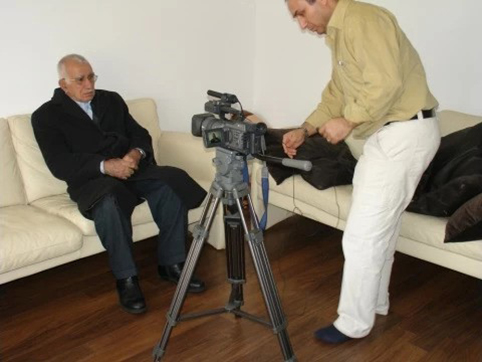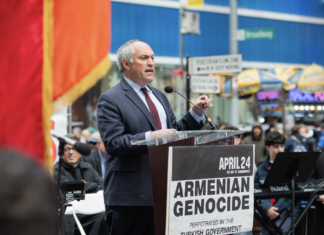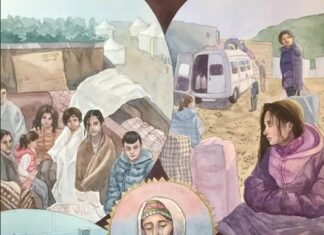LOS ANGELES — The Assyrian people represent one of the groups targeted by the genocide that the Ottoman Empire carried out against its Christian citizens during World War I. The genocidal policies towards the Assyrians, also known as the Seyfo, resulted in thousands of innocent Assyrians being brutally murdered, tortured, exiled, and forced to struggle with hunger, thirst and disease.
The effects of the Assyrian genocide on the communities that survived in their homeland or became scattered throughout the world are still being felt, and therefore must be remembered. However, the effects of the Seyfo have not been sufficiently documented or studied due to limited sources.
In order to fill this resource gap to some extent, the Armenian Genocide Research Program (AGRP) of The Promise Armenian Institute at UCLA and the Assyrian Genocide Research Center (Seyfo Center) spearheaded a project called, “The Assyrian Genocide Oral History Project.” The goal of the project is to incorporate the gathered research into the collections of foundations working on the subject and make it accessible to the public.
Although there have been studies conducted on the experience of the Assyrians, there is no systematic archive that can be used to study the Seyfo. This project aims to archive the events that took place during and after the 1915 genocide, as well as the experiences of the Assyrian survivors, through oral interviews and to pass them on to future generations.
The Assyrian Genocide (Seyfo) Oral History Project aims to (1) digitize the rare interviews of Assyrian genocide witnesses and eyewitnesses recorded within the last 30 years; (2) translate them into various languages, including English; and (3) transcribe and index them to provide ease of research. The ultimate goal is to create the first digital Assyrian genocide archive.
This digital archive will not only shed light on the painful past of the Assyrian people, but it will also remind people now of the devastating consequences of the massacres and contribute to the historical memory of humanity.









